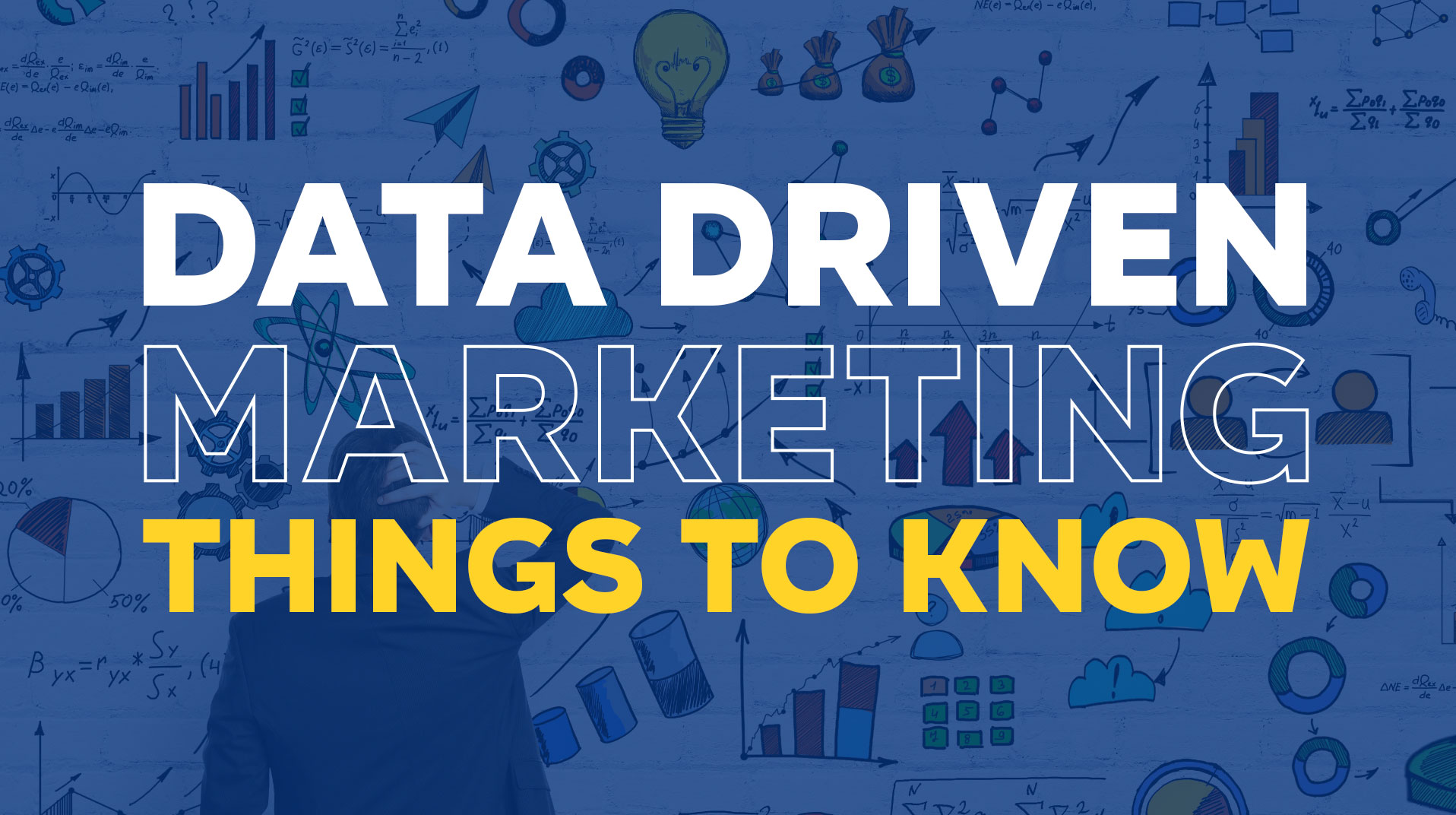
Nowadays, every business needs to have data-driven marketing so that they can offer customised services to clients, improve their advertising strategies, and get maximum return on investment.
Nonetheless, mishandling client information may result in catastrophic effects such as breach of data, law punishments, and customer confidence attrition.
The power and pitfalls of data-driven marketing
Data-driven marketing makes it possible for businesses to aim sales at the right people, adjust messages for individual customers, and enhance involvement. The examination of consumer behavior, purchase history, as well as online interactions helps firms come up with highly relevant messaging that enhances conversion rate.
However, there are dangers associated with using a lot of information about clients. In cases of negligence and oversights in security, then there could be leaks of private data.
Moreover, consumers might lose confidence in your brand when they realise that their information was used unethically or without consent. You can check out the cybersecurity blog on moonlock.com for insights on how businesses can secure their data and mitigate risks.
Common ways data-driven marketing can go wrong

Over-personalisation leading to customer discomfort
Although data-driven marketing allows personalisation, it may become excessive and intrusive. Clients can feel uncomfortable when they feel that companies have access to a lot of personal information about them.
Example: A person checks out an item in a site as a visitor and afterwards gets a customised commercial displaying his or her identity details from an alternative channel. This might cause people to become worried about the techniques employed in gathering and utilising their information.
Data breaches and cybersecurity failures
When marketing databases lack security measures, they are most vulnerable to hackers. An intrusion that uncovers client data, (for instance, first and last names together with email addresses and credit card numbers) may have devastating effects on the reputation of the business and a subsequent decrease in profits.
Example: In 2021, a major retailer suffered a breach that exposed millions of customers’ personal data. Not only did this lead to hefty fines, but customers also lost trust in the brand, resulting in declining sales.
Compliance violations and legal consequences
The strict rules of the GDPR and CCPA about customer data collection, storage, and usage apply to all companies. Not following them may lead to huge penalties and lawsuits. To avoid such risks, it’s wise for businesses to consult with a lawyer who specialises in data privacy laws to ensure their marketing practices meet legal requirements.
Example: A company failing to get explicit consent before collecting user data for targeted advertising may face legal consequences if a consumer files a complaint.
Data misuse and ethical concerns
Businesses might unknowingly misuse information and violate customer expectations. The act of compromising the reputation of a given brand includes selling information to outsiders without being clear and using AI-driven analytics to make unfair assumptions.
Example: A financial institution uses AI to analyse customer spending behavior and automatically declines loans based on purchase history—without clear disclosure. Customers may feel unfairly judged, leading to backlash.
How businesses can protect their marketing data?

Implement strong cybersecurity measures
It is important for businesses to put money into protecting customer data.
Businesses should invest in:
- Encryption: Securing sensitive data both in transit and at rest.
- Access control: Restricting data access to only necessary personnel.
- Regular security audits: Identifying vulnerabilities before attackers do.
Ensure compliance with data privacy laws
Companies need to be aware of worldwide rules concerning the privacy of data and make sure that they are in line with these regulations when promoting their products.
Some key steps include:
- Obtaining explicit consent before collecting customer data.
- Providing clear privacy policies that explain how data is used.
- Offering customers the right to opt out of data collection and targeted advertising.
Use data ethically and transparently
Transparency is key to maintaining consumer trust. Businesses should:
- Clearly inform customers how their data will be used.
- Avoid deceptive practices, such as secretly sharing data with third parties.
- Use AI and analytics responsibly, ensuring decisions are fair and unbiased.
Educate marketing teams on data protection
The marketing team should receive instruction on data privacy measures to avoid using information wrongly by chance. This involves knowing about cyber threats, following the law, and being fair.
Balancing personalisation and protection
Although data-driven marketing is effective, it can work against a brand and spoil its image as well as make losses for the company if not safeguarded. To benefit from data-based plans and still keep clients happy, companies need to give precedence to cyber safety, following the law, and ethically handling information.
Businesses can make effective marketing campaigns that do not attract negativity by observing three things; tight security, adherence to the law, and being open with clients.
Ultimately, responsible data usage is not only a legal obligation but also a competitiveness factor.
